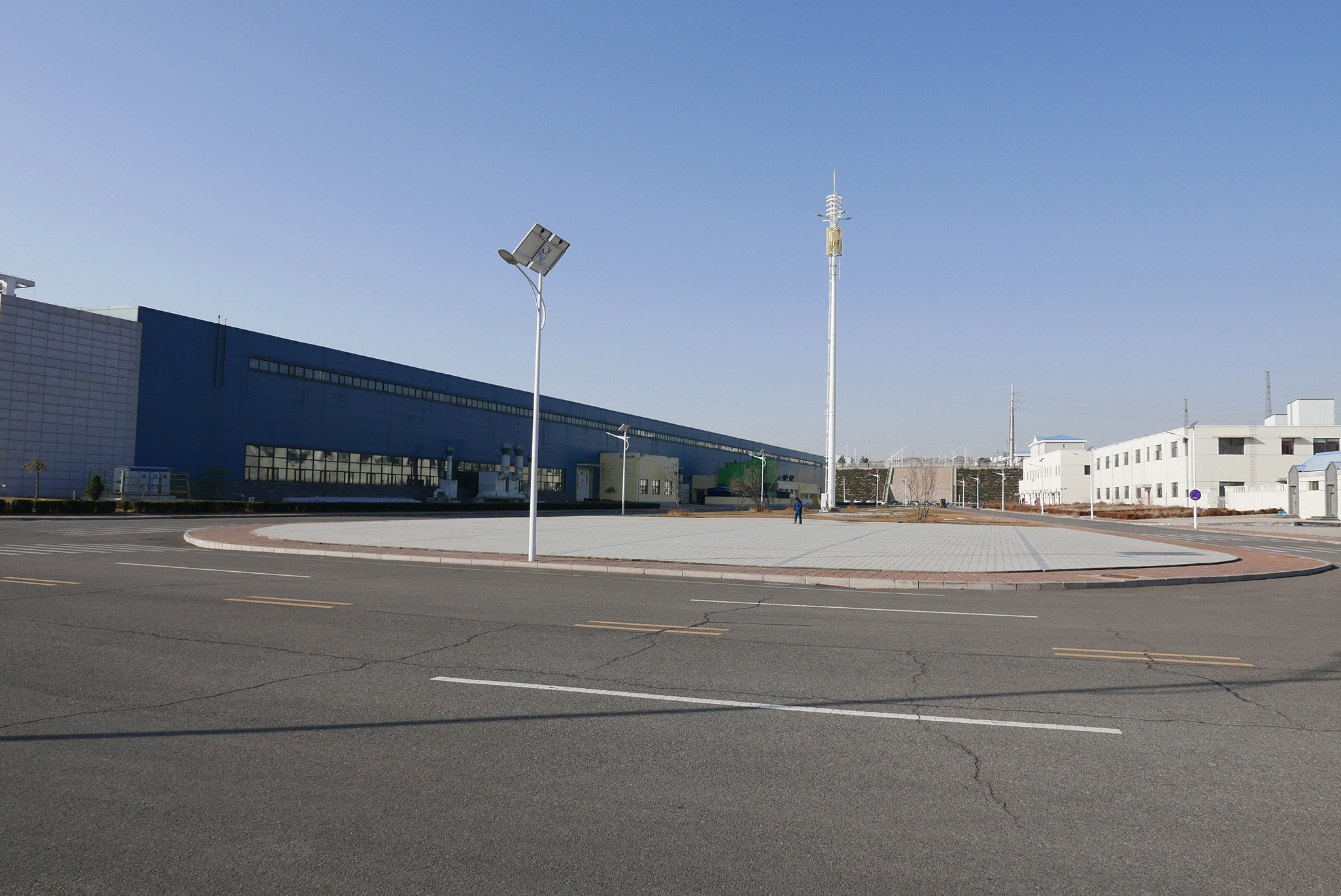- Afrikaans
- Albanian
- Amharic
- Arabic
- Armenian
- Azerbaijani
- Basque
- Belarusian
- Bengali
- Bosnian
- Bulgarian
- Catalan
- Cebuano
- China
- China (Taiwan)
- Corsican
- Croatian
- Czech
- Danish
- Dutch
- English
- Esperanto
- Estonian
- Finnish
- French
- Frisian
- Galician
- Georgian
- German
- Greek
- Gujarati
- Haitian Creole
- hausa
- hawaiian
- Hebrew
- Hindi
- Miao
- Hungarian
- Icelandic
- igbo
- Indonesian
- irish
- Italian
- Japanese
- Javanese
- Kannada
- kazakh
- Khmer
- Rwandese
- Korean
- Kurdish
- Kyrgyz
- Lao
- Latin
- Latvian
- Lithuanian
- Luxembourgish
- Macedonian
- Malgashi
- Malay
- Malayalam
- Maltese
- Maori
- Marathi
- Mongolian
- Myanmar
- Nepali
- Norwegian
- Norwegian
- Occitan
- Pashto
- Persian
- Polish
- Portuguese
- Punjabi
- Romanian
- Russian
- Samoan
- Scottish Gaelic
- Serbian
- Sesotho
- Shona
- Sindhi
- Sinhala
- Slovak
- Slovenian
- Somali
- Spanish
- Sundanese
- Swahili
- Swedish
- Tagalog
- Tajik
- Tamil
- Tatar
- Telugu
- Thai
- Turkish
- Turkmen
- Ukrainian
- Urdu
- Uighur
- Uzbek
- Vietnamese
- Welsh
- Bantu
- Yiddish
- Yoruba
- Zulu
Aug . 14, 2024 23:58 Back to list
Exploring the Innovations and Technologies in Steel Casting Manufacturing Industry Worldwide
The Importance of Steel Castings Factories in Modern Manufacturing
Steel castings have become a cornerstone of various industries, including automotive, aerospace, construction, and energy. The process of steel casting allows for the creation of components that are not only durable and strong but also capable of withstanding extreme conditions. Steel castings factories play a crucial role in the manufacturing supply chain, enabling the production of complex parts that meet the precise specifications of modern engineering.
The Steel Casting Process
The steel casting process involves several key stages, beginning with the creation of a mold. The mold can be made from various materials, including sand, metal, or ceramic, depending on the specific requirements of the casting. Once the mold is prepared, molten steel is poured into it and allowed to cool and solidify. This method permits the production of intricate designs that would be difficult or impossible to achieve through other fabrication techniques.
One of the main advantages of steel casting is its ability to produce components with superior mechanical properties. Steel has excellent tensile strength and resistance to wear, making it an ideal choice for high-stress applications. Additionally, casting allows for a wide range of alloying options, enabling manufacturers to tailor the material to meet specific performance criteria.
Applications of Steel Castings
Steel castings are utilized in various applications across multiple sectors. In the automotive industry, components such as engine blocks, transmission housings, and suspension parts are often produced using steel casting techniques. These components must meet rigorous safety and performance standards, and the precision offered by casting ensures that they do.
The aerospace industry also relies heavily on steel castings, where weight and strength are critical factors. Components such as turbine blades and landing gear require materials that can endure the harsh conditions of flight while maintaining structural integrity. Steel castings provide the necessary durability, making them an excellent choice for these demanding applications.
steel castings factories

In the construction industry, steel castings are used for various fixtures, fittings, and structural components. They are essential in bridges, buildings, and heavy machinery. The versatility of steel casting allows for the creation of custom parts that can accommodate unique project specifications.
Advancements in Steel Casting Technology
Steel casting factories have evolved significantly with the advent of advanced technologies. Modern techniques such as computer-aided design (CAD) and computer numerical control (CNC) machining have enhanced precision and efficiency. These technologies enable manufacturers to create detailed models and execute precise cuts, reducing waste and improving the overall quality of the castings.
Moreover, additive manufacturing, or 3D printing, is beginning to play a role in the steel casting process. This innovation allows for the rapid prototyping of molds and even some casting techniques, leading to decreased production times and increased flexibility. Factories are increasingly adopting these technologies to stay competitive in a rapidly changing market.
Environmental Considerations
As with any industrial process, steel casting has environmental implications. Factories are increasingly focusing on sustainable practices to minimize their ecological footprint. This includes recycling scrap metal, optimizing energy consumption, and reducing emissions. By adopting greener manufacturing processes, steel casting factories demonstrate their commitment to environmental stewardship, ensuring that they meet both industry standards and public expectations.
Conclusion
Steel castings factories are essential to the modern manufacturing landscape, providing critical components across various industries. With ongoing advancements in technology and an increasing focus on sustainability, these factories will continue to evolve, meeting the ever-growing demands of engineering and helping to shape the future of manufacturing. The importance of steel castings cannot be overstated, as they form the backbone of many of the most vital sectors in our economy.
-
8mm Thin-Walled Cast Steel Manhole Cover Pallet Bottom Ring | Durable
NewsAug.04,2025
-
Premium Cast Iron Water Main Pipe: Durable, Corrosion-Resistant
NewsAug.03,2025
-
Durable Cast Iron Water Mains | AI-Optimized Systems
NewsAug.02,2025
-
High-Efficiency Propane Boiler for Baseboard Heat | Save Energy
NewsAug.01,2025
-
Premium Source Suppliers for Various Gray Iron Castings
NewsJul.31,2025
-
Durable Cast Iron Water Main Pipes | Long-Lasting
NewsJul.31,2025


